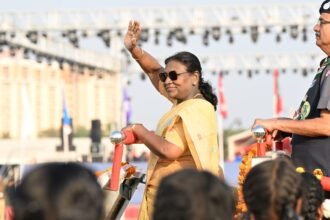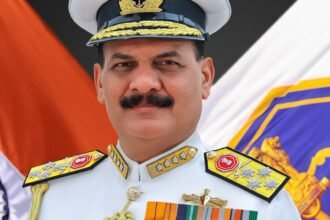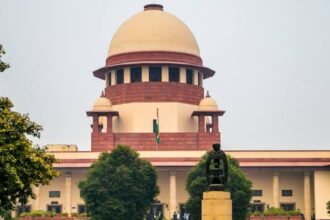New Delhi: A sharp debate has ignited over the India-Pakistan Asia Cup match after Aam Aadmi Party (AAP) national convenor Arvind Kejriwal raised pointed questions on social media about its timing and appropriateness. In a post on X (formerly Twitter), Kejriwal asked:
“What is the need for the Prime Minister to organise a match with Pakistan? When the whole country is saying this match should not take place. Then why is it being organised? Is this also being done under Trump’s pressure? How much more will the Prime Minister bend before Trump?”
The tweet reflects growing criticism from political opposition regarding the government’s decision to proceed with the match in the wake of recent cross-border tensions and the Pahalgam terror attack, which left dozens dead.
Political Fallout & Protests
- Senior AAP leader Saurabh Bhardwaj condemned what he called the “humiliation” of Pahalgam victims, arguing that playing a match under such circumstances damages national dignity.
- Protesters, including AAP workers, burned effigies of Pakistani cricketers. Venues that plan to screen the match are being targeted with demands for boycotts.
- AAP accused the Centre of ignoring public sentiment and suggested there may be external pressure influencing the decision.
Public Sentiment and Cultural Context
The controversy is not just about sports, but the emotional dimensions tied to national wounds. Many in India view cricket versus Pakistan as more than a game it is intertwined with memories of conflict, loss, and political tension.
In particular, images circulating on social media allegedly from Pakistani players—have escalated the sensitivity. One image reportedly shows Pakistan Army Chief Asif Munir applying sindoor (vermilion) to the hair parting of a woman painted in Indian tricolour. For many, this is seen as mockery of Operation Sindoor, India’s counter-action following the terror attack in Pahalgam.
Government & Cricket Authorities’ Position
As of now, both the Government of India and the BCCI (Board of Control for Cricket in India) have not publicly responded to Kejriwal’s allegations. Matches scheduled in multilateral tournaments like the Asia Cup go ahead per international sporting rules, though old policy statements emphasize India will avoid bilateral series with Pakistan.
What’s at Stake
- Political Accountability: Critics argue that government decisions—especially about national sentiment—should account for public mood, not just diplomatic or commercial considerations.
- National Sentiment vs Sports Diplomacy: While sports diplomacy has been used historically to thaw tensions, many believe now is not the time given recent attacks.
- Precedent & Policy: This incident may set precedent for how India handles sporting ties with countries perceived to be hostile, especially after terror incidents.
Conclusion:
Arvind Kejriwal’s tweet has thrown India-Pakistan cricket ties into the spotlight once more, not just as a matter of sport, but as a reflection of national mood, loss, and outrage. The real question for the Centre now is: does public sentiment matter enough to reconsider? With protests brewing and strong criticisms emerging, the Asia Cup match is looking more like a political test than a sporting fixture.















